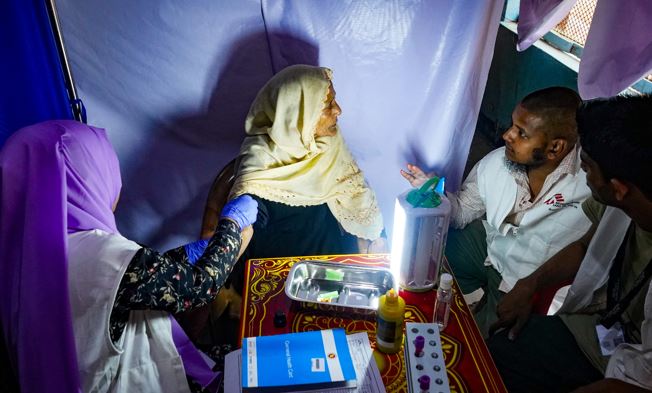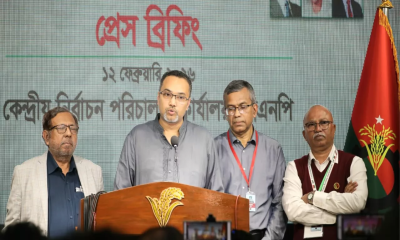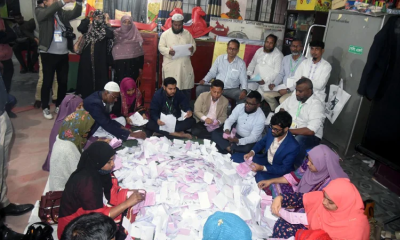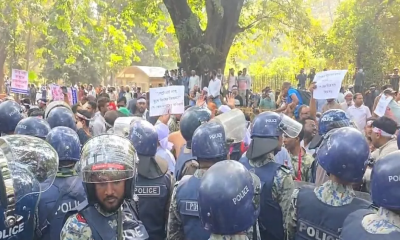In a major public health intervention, Médecins Sans Frontières (MSF) has launched a large-scale “test and treat” hepatitis C campaign across Rohingya refugee camps in Cox’s Bazar, aiming to provide lifesaving care to 30,000 people by the end of 2026. This move comes in response to alarmingly high infection rates and a near-total absence of accessible treatment for the stateless population.
MSF will establish three dedicated treatment centres within existing health facilities in the camps, offering rapid testing, confirmatory diagnostics, and free antiviral therapy. This initiative will cover roughly a third of those currently estimated to be living with chronic hepatitis C in the camps — nearly 86,000 people, according to a 2023 MSF study published in The Lancet Gastroenterology & Hepatology.
“Treating hepatitis C is not part of the existing healthcare package available in the camps,” said Dr. Wasim Firuz, MSF deputy medical coordinator. “Without our intervention, people here simply wouldn’t have access to curative treatment.”
Harsh conditions, overcrowding, unsafe medical practices, and restrictions on movement have all contributed to the disease’s spread, making the Rohingya particularly vulnerable. MSF’s expanded programme includes community-based screening, awareness campaigns, treatment counselling, and full-course antiviral medication.
The initiative highlights the stark health inequities faced by refugees in the camps, where more than one million Rohingya have been stranded for eight years. While MSF’s scale-up represents a critical step, the organisation warns that long-term, systemic investment is needed.
“Our campaign is urgent but temporary,” Dr. Firuz added. “We urge global health partners and the international community to commit to a sustained hepatitis C strategy that ensures no one is left behind.”
This campaign underscores both the potential to eliminate hepatitis C with targeted interventions and the dire consequences of neglecting public health in displaced communities.




-20260106082251.webp)

-20251231101531.webp)































